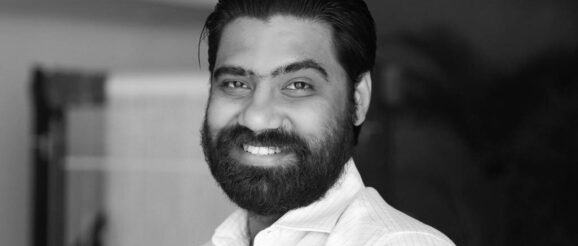Yash Ranga On Visualising Potential Through The Lens Of Social Entrepreneurship — Impact Boom | Social Impact Blog & Podcast | Global Changemaker Community | Social Innovation, Enterprise, Design

But the way we see the world at Jaipur Rugs is that the world is full of potential. We say that we don’t see the world with the lens of poverty, we see the world from the lens of potential, and I think [because of] the potential that the founder saw in the craftsmen, communities and especially women in rural areas.
He has now transformed the company to one of the best social enterprises for thousands of people at the base of the pyramid, as well as at the top of pyramid.
It’s a huge amount of impact there Yash, and there’s some really interesting insights coming through. What are your observations then of the social enterprise movement in India?
I would love to take you through a journey in time to the origin of social enterprise in India. You will find text that says [social enterprise] started from only the year 2000, or somewhere after 2000. But I think the design of India as a country itself is a very social country, and most of my population is a rural population. The way the organisational sector evolved was more social in nature. Mahatma Gandhi, the father of the nation had been a big supporter of the social movement in work, to business, and the transformation to nonviolence. I think that was the origin; we have social entrepreneurship in our DNA.
But more structurally, yes, it was after 2000 especially that India saw an impact on civilisation from globalisation. 2000 was the year that marked a benchmark, where we started thinking in a different way of doing business.
I think that’s how it started in India, and now we are one of the most dynamic social enterprise ecosystems in the world, because given the length and breadth on diversity, we have an opportunity to leverage the demographic dividends. There’s almost more than 2 million social enterprises in India, in different segments, of education, energy, financial inclusion, healthcare and sanitation. I think we are all a very progressive group of social entrepreneurs.
There’s some great projects happening there, and it’s a really interesting movement for us to watch here at Impact Boom. Given the world is experiencing such added impacts right now with COVID-19, where do you see key gaps and opportunities to tackle poverty in India, in this time that we are facing?
It’ll better help me to organise my time, my schedule, and make the best use of the emotions that are ready to be uncovered.
I’ve been reminded of a very interesting project that I recently came across. It was a social innovation lab, which we have for the first time here in India. This social innovation lab has again in this time of COVID-19 been established in the poorer regions of India, and this lab is helping to accelerate local solutions to global problems. This lab will also be showcased on the 10th of September during the New York Fashion Week Virtual Summit, wherein these women are tackling global problems through local solutions. It’s called the Manchaha Lab. In Hindi it’s called Manchaha, and the English translation is, “allow the heart to express.”
I think that’s one of the incredible projects that I’ve come across. Another project that I would love to mention here is the organisation called The Barefoot College. Again, it is out of India, and it is helping to transform the energy excess problem in the most rural and the most unreachable parts of the world by creating and developing solar, in which women are developed as solar engineers and they light their whole villages and communities after they are trained. With energy being one of the biggest challenges developing countries are facing, this is another incredible example that I’ve come across.
